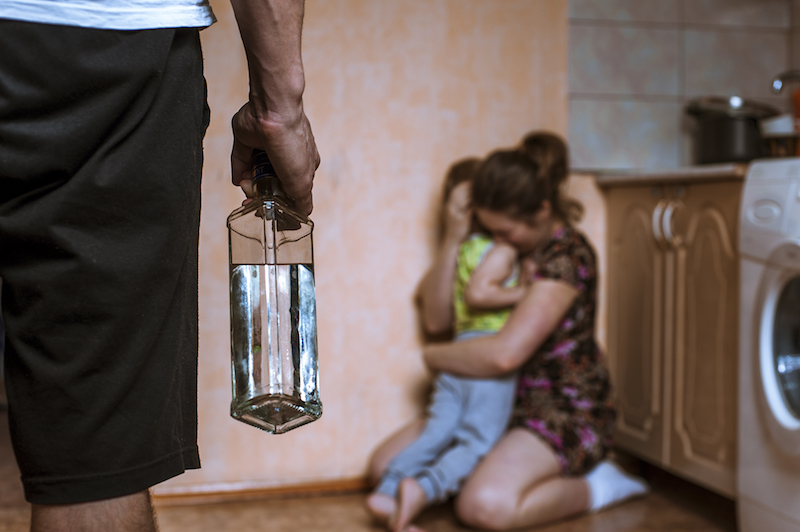Cape Town-based consultancy firm, Eighty20 found that South Africa ranked fifth globally for alcohol consumption in a 2023 study. Beer, an alcoholic beverage, today stands as the most consumed form of alcohol in South Africa. Just last December, it was widely reported that South Africans had spent nearly R8 billion in a single week on alcohol buying at big retail stores, further highlighting the problem of heavy drinking.
Most drinkers are male. With the levels of unemployment and retrenchment at an all-time high since 1994, most drinking men use alcohol as a form of escape from their daily problems. But when low-income workers who are also breadwinners start abusing alcohol, the stresses of the workplace and their life choices usually lead to intimate partner violence (IPV). It is important to note that heavy alcohol use is not limited to low-wage earners, it happens across all social classes.
The relationship between alcohol abuse and IPV was recently highlighted by Judge Avinash Govindjee speaking to news outlet, the Daily Maverick. The judge said that alcohol is a major cause of gender-based violence. The high court judge from the Eastern Cape Division advised Minister Aaron Motsoaledi to consider adding labels warning about the link between domestic violence and alcohol abuse on all alcohol packaging, including bottles and cans. This followed the case of Makhanda resident, Mthuthuzeli Manyathi, 38, who was sentenced to 28 years in prison for the brutal murder of his partner, Ntombomzi “Nomirana” Nonze, 47.
Govindjee, who is the judge that sentenced Manyathi, reiterated study findings on the role of alcohol in IPV. He said there is a need for special prevention measures to curb this kind of violence and crime.
One study by the Human Sciences Research Council linked factors such as alcohol abuse and poor mental health, to men committing IPV crimes. The study also showed that more than 33% of women have experienced violence perpetrated by men personally.
According to Mamuma Mulindi, a Policy Development and Advocacy specialist, alcohol use in South Africa and Eswatini are reliable indicators that a man likely commits intimate partner violence. Mulindi said that nearly half of the men who drank heavily also committed IPV.
A different study by the Southern African Alcohol Policy Alliance (SAAPA) and the South African Medical Research Council (SAMRC), confirms that there is a clear link between alcohol abuse and IPV. The study also warns men who abuse women and children cannot not ‘blame it on the alcohol’ per se. Instead, it implores South Africa, especially Black South Africa, to review the role of the widespread presence of drinking spots and how they contribute to harmful drinking in our communities.
As a country, we need to address alcohol use – a big contributor to IPV. One can only agree with Judge Govindjee to place a warning for all alcohol to raise awareness among consumers about the problems associated with heavy drinking.
This article is an opinion piece submitted on 17 February 2024. The views expressed by the author do not necessarily reflect those of Karibu! Online or Khanya College. You may republish this article, so long as you credit the authors and Karibu! Online (www.Karibu.org.za), and do not change the text. Please include a link back to the original article.


 Download PDF
Download PDF